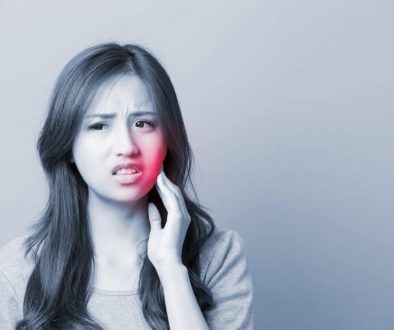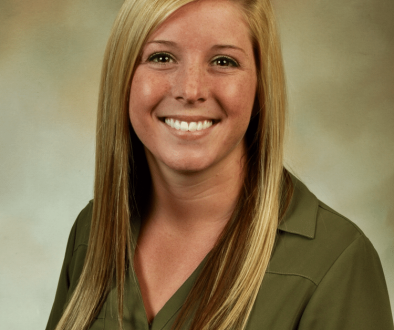Bad Breath
Whether you call it bad breath or halitosis, it’s an unpleasant condition that’s cause for embarrassment. Some people with bad breath aren’t even aware there’s a problem. If you’re concerned about bad breath, see your dentist. He or she can help identify the cause and, if it’s due to an oral condition, develop a treatment plan to help eliminate it.
What you eat affects the air you exhale. Certain foods, such as garlic and onions, contribute to objectionable breath odor. Once the food is absorbed into the bloodstream, it is transferred to the lungs, where it is expelled. Brushing, flossing and mouthwash will only mask the odor temporarily. Odors continue until the body eliminates the food. Dieters may develop unpleasant breath from infrequent eating.
If you don’t brush and floss daily, particles of food remain in the mouth, collecting bacteria, which can cause bad breath. Food that collects between the teeth, on the tongue and around the gums can rot, leaving an unpleasant odor. Brush twice a day with fluoride toothpaste to remove food debris and plaque. Brush your tongue, too. Once a day, use floss or an interdental cleaner to clean between teeth.
*All content was found on the ADA website.


